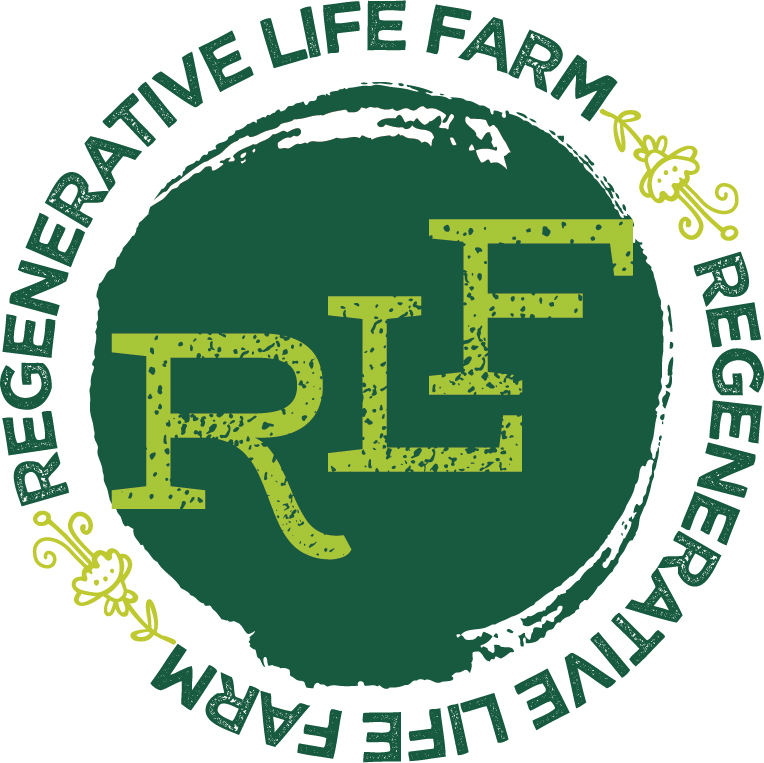Hens and Hawk
This was published in the December 9, 2021 edition of The Fish Wrap.
Our hens are adjusting to the cold and the addition of 100 new flockmates. But an additional challenge has returned. In March, we wrote about protecting the hens from a hawk. They have been moving around the pasture all summer without seeing the hawk. But Mr. Hawk must be hungry because he’s back. The hens would be safe from hawks if confined to a barn, but we would lose all the benefits of pasturing. This challenge has gotten us thinking about the delicate balance between safety and freedom.
Fences protect our chickens from earth-bound predators, and with some adjustments, we can protect them from hawks. There are advantages to confining chickens in a warehouse, like safety and convenience. But the disadvantages include a toxic environment that requires antibiotics, eggs devoid of nutrients and the burden of acting inhumanely. It’s just not worth it.
Our happy chickens are expressing their chickenness. They are omnivores and eat their feed, grass, bugs, worms, tics and anything else they find in the grass. Pasture-raised hens who are able to eat a variety of foods have been found to out-produce up to 4 times the amount of essential vitamins and nutrients in factory-farmed. A varied diet and the absence of antibiotics and harmful chemicals make the eggs nutritious and tasty with beautifully golden yolks.
We’re not so different from chickens. We sacrifice healthy, whole foods for convenience and low cost. When processed food makes us sick and suppresses our immunity, we rely on pharmaceuticals to protect us. As the world feels more dangerous, we retreat indoors and rely on TV and social media for human connection. The freedom that we give up for safety and convenience never comes back. One day you wake up and realize the fortress being built around you is a prison.
